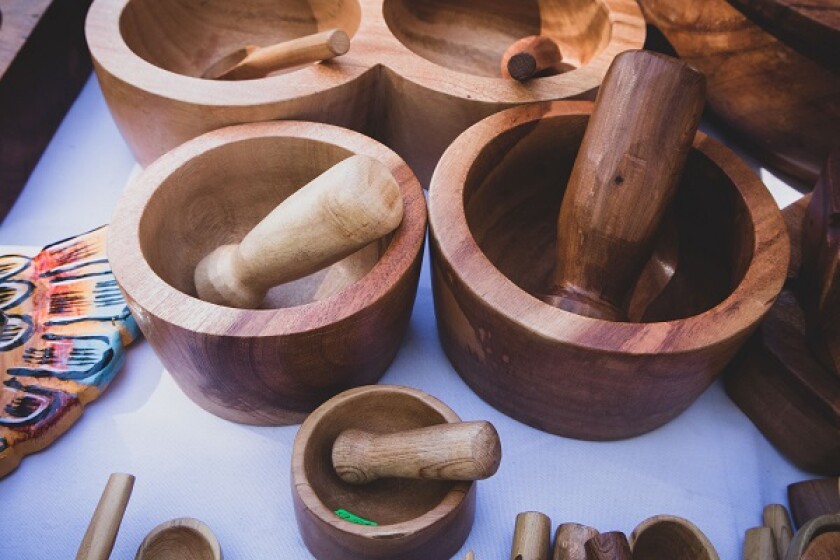About a year ago, news about the copying of a design belonging to the indigenous community of Santa Maria Tlahuitoltepec ("Mixes community"), in the State of Oaxaca, Mexico, by Isabel Marant (a famous fashion designer) caused great controversy in social media.
According to the news, Isabel Marant copied the designs of the blouses and was trying to obtain protection over those designs to prevent the Mexican community from "manufacturing and commercializing" the blouses with those designs. Then, Marant clarified that the designs come from the Mixes community and denied that she was trying to obtain protection over them.
This case of the alleged plagiarism of the traditional designs of the Mixes community is just the tip of the iceberg, as there are other cultural expressions such as traditional medicine, regional dance, intangible heritage, the native languages and a variety of traditional cultural expressions that are being exploited by third parties without restrictions.
Mexican Law does not provide adequate protection for traditional cultural expressions (TCE) and traditional knowledge (TK) of communities. The Copyright Law protects "popular culture", providing:
Literary or artistic works, works of popular art or craft works that have evolved and are perpetuated in a community or ethnic group with its origins or roots in the Mexican Republic shall be protected against distortion intended to discredit such works or prejudice the reputation or image of the community or ethnic group to which they belong.
It also mentions that the use of those works shall be free, provided that they are not deformed, intended to discredit the works or prejudice the reputation or image of the community. Moreover, it provides that "in any fixation, representation, publication, communication or use in any way of those works, the community or ethnic group or the region of the Mexican Republic to which it is specific shall be mentioned".
Therefore, our legal framework should provide mechanisms for achieving protection for all the TCEs and TK. In order to reach our goal, there are at least three issues that should be addressed: (1) to define or catalogue the TCEs, TK and intangible heritage of the indigenous communities; (2) to recognise the indigenous communities as subjects of public law, which allows them to enjoy collective legal personality to carry out legal acts (there are few federal laws that have recognised these communities as subjects of law); and (3) to adopt sui generis laws to protect the specific TCEs and TK once they are catalogued or at least, to amend the Copyright Law to include all the TCEs and TK of the Mexican indigenous communities.

|
Martha Célis |
Olivares
Pedro Luis Ogazón No 17
Col San Angel
01000 México DF
Tel: +5255 53 22 30 00
Fax: +5255 53 22 30 01











